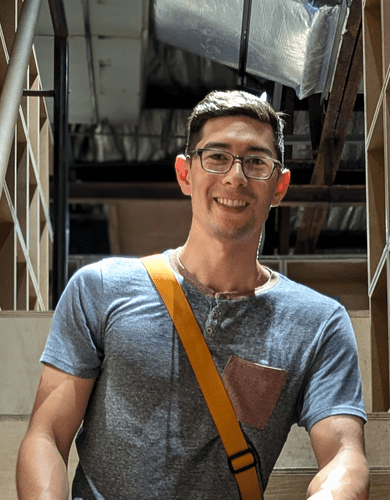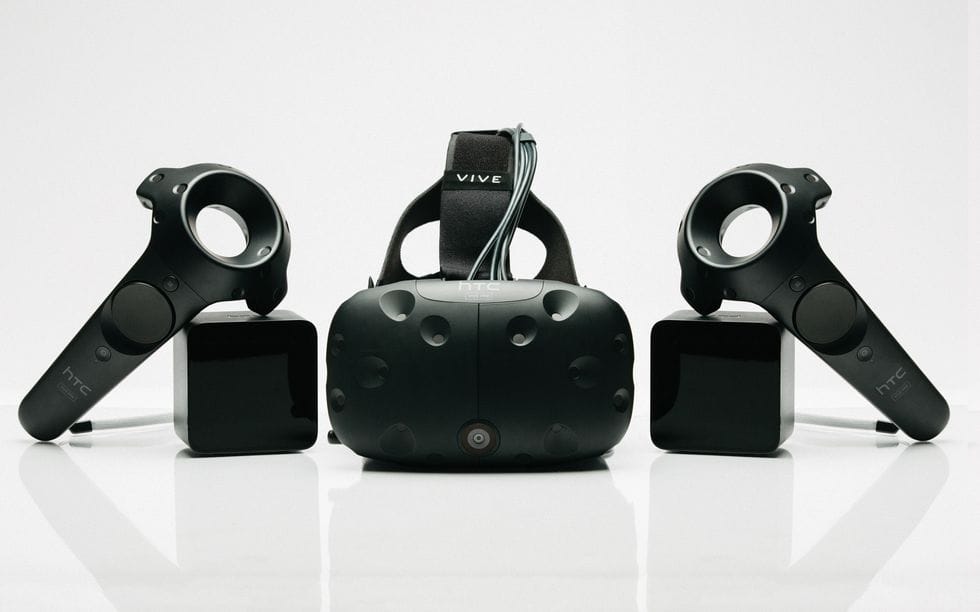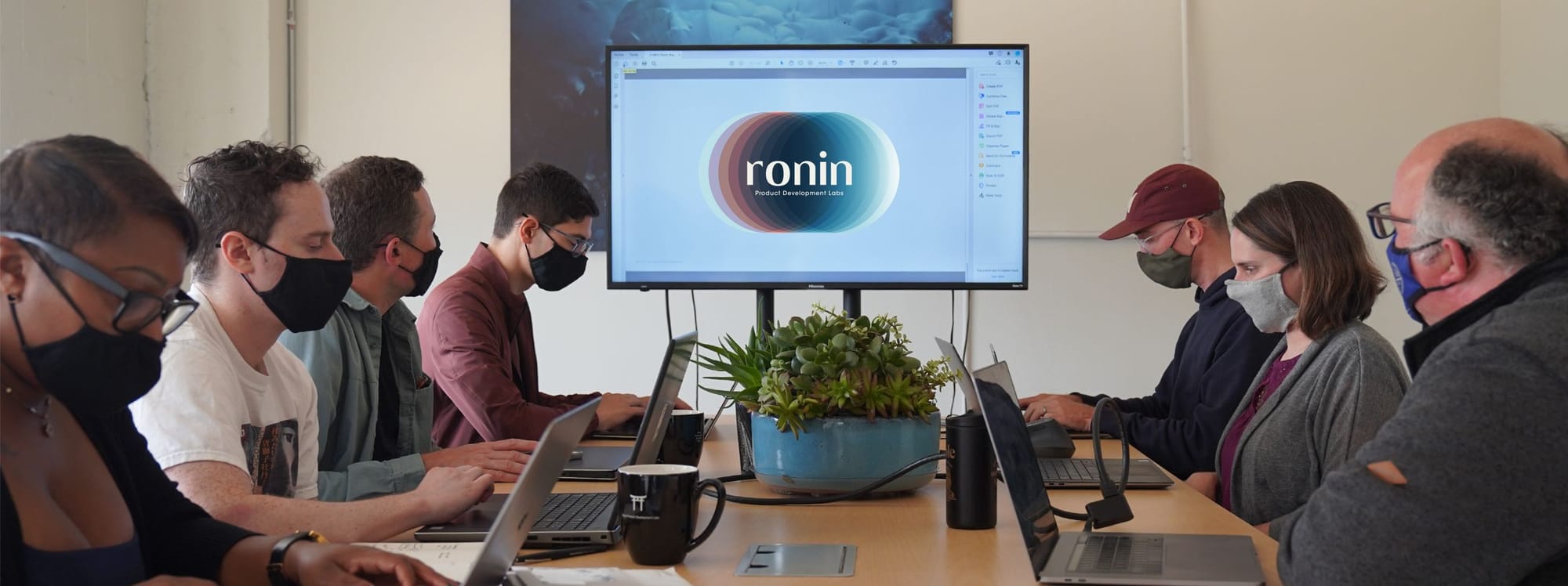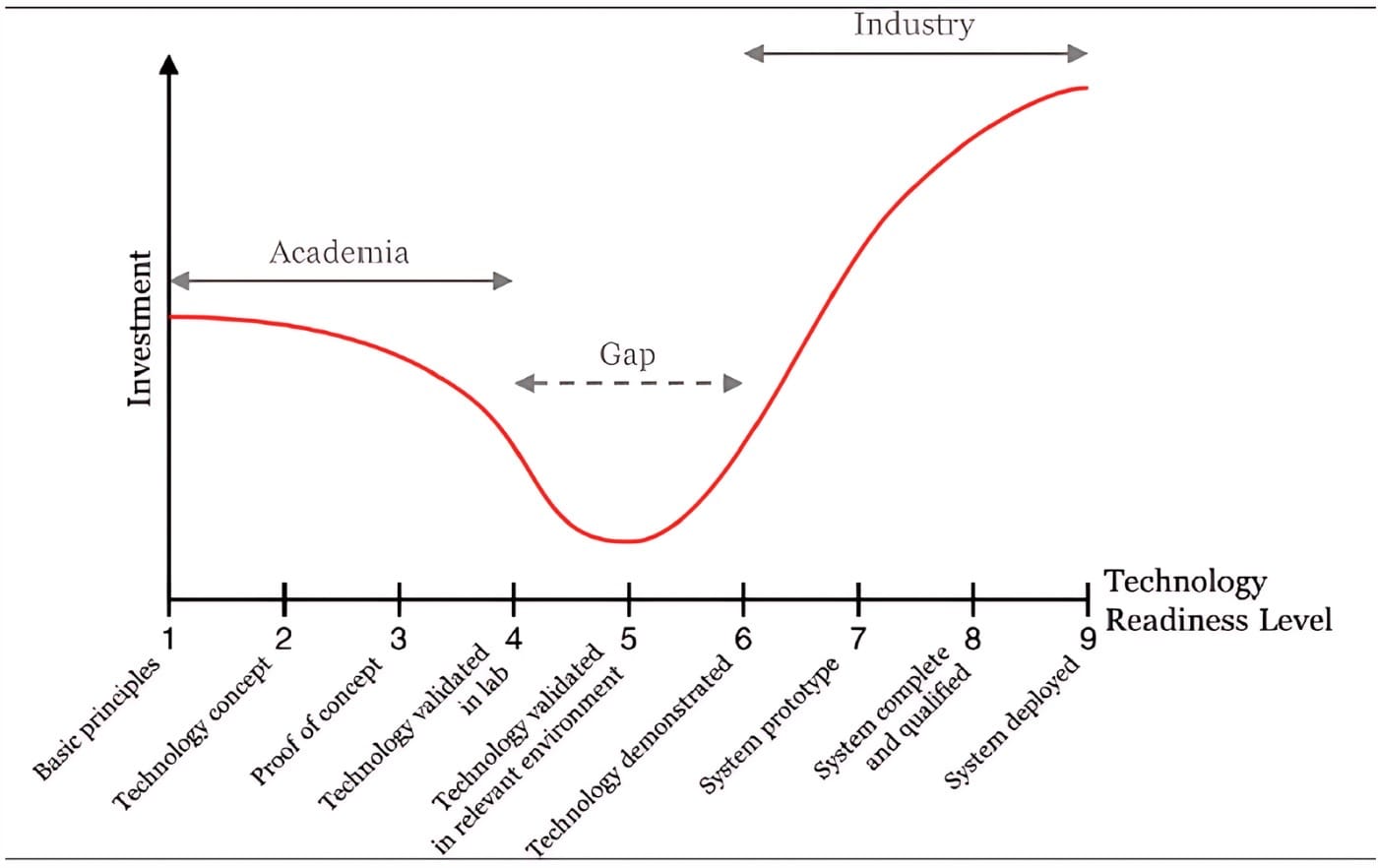This week we sat down with Mike to talk about his background, experience starting Ronin Product Development, and the inspiration behind Catalyst Introductions from 10+ years of hardware development experience.
Background & Experience

Academic
I was fortunate to attend MIT for my undergraduate studies, where I pursued a degree in Mechanical Engineering with a focus in Product Development. The resources there were fantastic for learning both the product design process and the business of starting companies. Those resources helped me to start a toy company my sophomore year, where my cofounder and I developed and manufactured a simple plastic clip for connecting cards together, allowing the construction of huge, elaborate card castles or other structures. After our first 10,000-unit manufacturing run, we sold the intellectual property to another company, as we had decided to prioritize finishing our degrees.

Career
After college, my first job was as a Mechanical Engineer at Vecna, where I had a fantastic manager and mentor who taught me engineering best practices in both design and the development process. While there, I took classes on industrial design at the Massachusetts College of Art and Design (MassArt) on nights and weekends, because an internship during my junior year inspired me to explore that career path.
My next role at HTC allowed me to utilize both my backgrounds in both engineering and design. I was part of the Industrial Design team, representing their interests to the Mechanical Engineering group. I acted as a liaison between the two, since I understood the needs of both sides.

Ronin Product Development

Four years later, I had the opportunity to fulfill a dream I had since college – starting a product design consulting firm. We eventually grew a trio of founders into Ronin PD, a well-respected 30-person firm with some of the most talented engineers (and fantastic people) that I've ever worked with.
I eventually left to consult independently and pursue research into the technology valley of death - a phenomenon where new technologies in the lab have difficulty in transitioning to industry and finding their way into real products. I recorded my research in a series of articles called Bridging the Valley. This eventually led to my current primary venture, a platform for making key connections between the right people, named Catalyst Introductions.

Catalyst Introductions
I’ve had clients and potential clients where, if we had spoken six months earlier, I could have saved them hundreds of thousands of dollars and months of effort by giving the right advice.
I’m building a platform to connect the right people at the right time to help them achieve their goals. The concept came to me while researching the “Technology Valley of Death”, when I realized that one of the simplest yet most impactful things that could be done to mitigate the TVoD was expanding and diversifying the networks of researchers. Catalyst Introductions quickly evolved into a much larger project after I talked to many friends and colleagues, and realized that it solved a much larger problem for a broader group of people. This idea was reinforced by my own experiences as a consultant. Having the right conversations at the right time can be extraordinarily valuable. And with the current state of computing and the capabilities of neural networks and LLMs, technology is in the perfect state to solve this problem in an automated fashion.
If you're interested in expanding your network (finding people who align with similar interests, current goals, etc.), fill out this brief questionnaire form. Shortly after, you’ll be introduced to 2-4 community members who could be valuable connections!
18 Bits of Hardware Advice
Interpersonal
- Don’t look down on your vendors, especially overseas vendors. I see it happen often, and most people don’t realize they’re doing it. Be self-aware. It will pay off in the long run.
- Technical skills are about 40-50% of what is needed to excel. Competent self-management, communication skills, and interpersonal skills are just as important.
- Have empathy for other disciplines (especially non-technical). Understand that they frame the situation entirely differently, and approach tough discussions with them from their point of view. The more you know about what they do and the challenges they face, the better the outcome will be.
Technical
- Users will abuse your products in ways you could never dream of.
- Nylon can expand and weaken when exposed to water.
- Don’t assume that off-the-shelf parts will survive your use case without data.
- There are a ton of materials that you can’t have pressed against a user’s skin for extended periods of time.
- Waterproofing always adds a lot of design time and prototyping iteration.
- Elaborate design is alluring, but good design is simple. This one is easy to know, but can sometimes be hard to internalize.
- Yes, it can probably be solved with magnets. But there are often less expensive solutions.
Process
- Know your reliability test plan very early in the process so you can design the product to survive it.
- There are downsides to every product development approach (fast & messy vs diligent & thorough), and it’s always greener on the other side. Finding the balance that’s right for a specific project is key.
- Making a useful “Product Requirements Document” (PRD) is really hard. Keep in mind the PRD should be able to inform almost all of the design decisions.
Miscellaneous
- Calipers are considered a weapon by the TSA. Don’t fly with them.
- Otherwise always make sure you have your calipers (or applicable measuring instrument). I have one set for the office and one set for home.
- Go for a walk every once in a while. Clearing your head is the best way to get past a roadblock.
- Get enough sleep. Being tired leads to mistakes.
- Especially when you’re first starting out in industry, the quality of your manager is one of, if not the most important factor in your success and growth. Make sure you have a good one before you accept a job.
Q&A
Hardware & Software Stack
Onshape for CAD and minimalist PDM, Smartsheets for schedule management. I haven’t found a PLM or issue tracking software that I love yet.
Favorite Technical Achievement
Probably putting a person into space. The level of complexity and coordination required to achieve that is mind-boggling.
Favorite Interview Questions
What’s one of the most difficult engineering problems you’ve had to solve?
I love hearing people get passionate about solving a good problem, and I’ll sometimes learn things from their answers to this.
If you're interested in trying Catalyst Introductions as part of our community, fill out this brief questionnaire form to be introduced to 2-4 community members who could be valuable connections!


